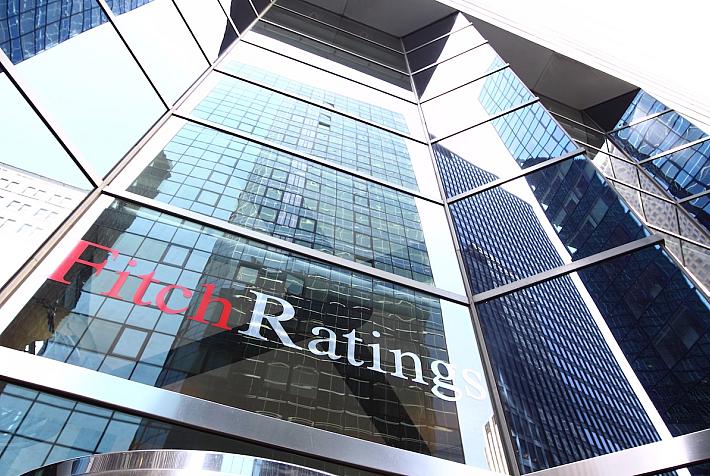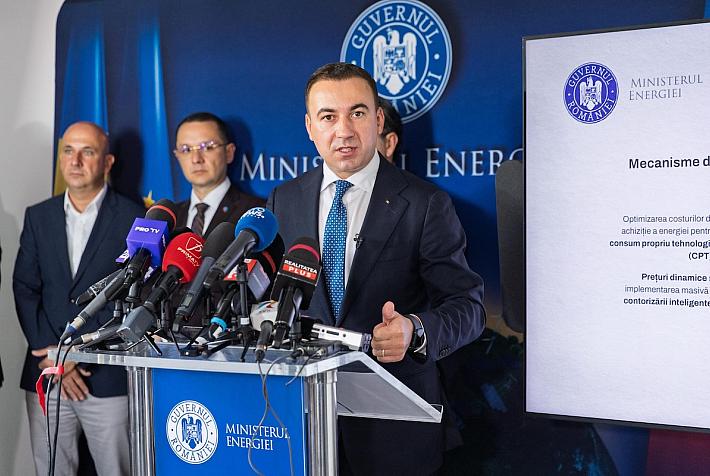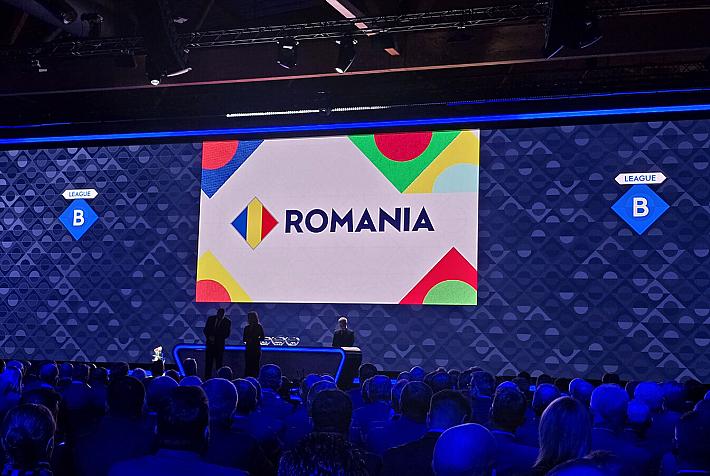Romanian entrepreneurs, more optimistic about their businesses’ future than European peers

Romanian entrepreneurs are above the European average on satisfaction and optimism about their businesses, according to a Microsoft study on SMEs in Europe.
The study illustrates the defining characteristics of small and medium businesses, and their attitude towards economic and technological change. A total of 13,000 SMEs from 19 European countries participated in the study, with 500 respondents being from Romania.
Most Romanians mainly start a small business for personal reasons, reveals the study. Of those who participated in the study, 49% (the highest percentage of respondents) said they took this step out of their desire to feel safer when it comes to their own future. Moreover, the same percentage said they have established a business to find a better balance between their personal and professional lives. The share is well above the European average of 31% and more than double the percentage of respondents coming from countries with a strong tradition in entrepreneurship, such as Germany, Denmark, or Belgium.
The study also reveals that the small and medium business sector is a favorable one in Romania, at least compared to the surrounding countries. A total of 31% of the Romanian respondents said they consider that working in an SME has brought financial advantages. This share is 12 percentage points higher than the European average, and the second highest after that of Poland. Romania is followed in the ranking by other countries in the region such as Hungary (21%), the Czech Republic (18%), and Slovakia (12%).
Meanwhile, only 3% of the Romanian respondents failed to name a positive aspect of SMEs, compared to two-digit percentages recorded in the countries of the rest of Europe. When it comes to negative aspects, 34% of all participants in the study indicated stress as the main negative factor. In Romania, 43% of the participants chose this option, ranking second after Turkey.
Despite this factor, when it comes to the confidence in the future, the positive attitude of respondents in Romania exceeded the European average of 59%. A total of 78% of the Romanian respondents are optimistic about the future. The Netherlands comes first in this ranking, with 79% of employees and business owners being confident about their future.
The Microsoft study also shows that small and medium businesses do not always start with a well-established business plan. Romania is in the top three countries that don’t draw up any business plan, with a 25% share. On the other hand, Turkey is the leading country in terms of planning.
At a European level, a widely accepted view is that technology brings flexibility to a business. Also in terms of the technology’s positive impact in business, over 90% of respondents from Greece, Romania or Kazakhstan consider that technology helps save time, compared to a more weighted average of respondents in the Netherlands, Sweden or Germany, where the average stays at 60%.
According to the Microsoft study, states from markets with a smaller history in the SME sector, such as Turkey, Greece, Russia, Poland or Romania, consider the automation of business processes (customer or resource digital management, market data analysis) to be one of the great advantages of digitization.
A third of Romanian firms believe that business is affected by corruption
Irina Popescu, irina.popescu@romania-insider.com












